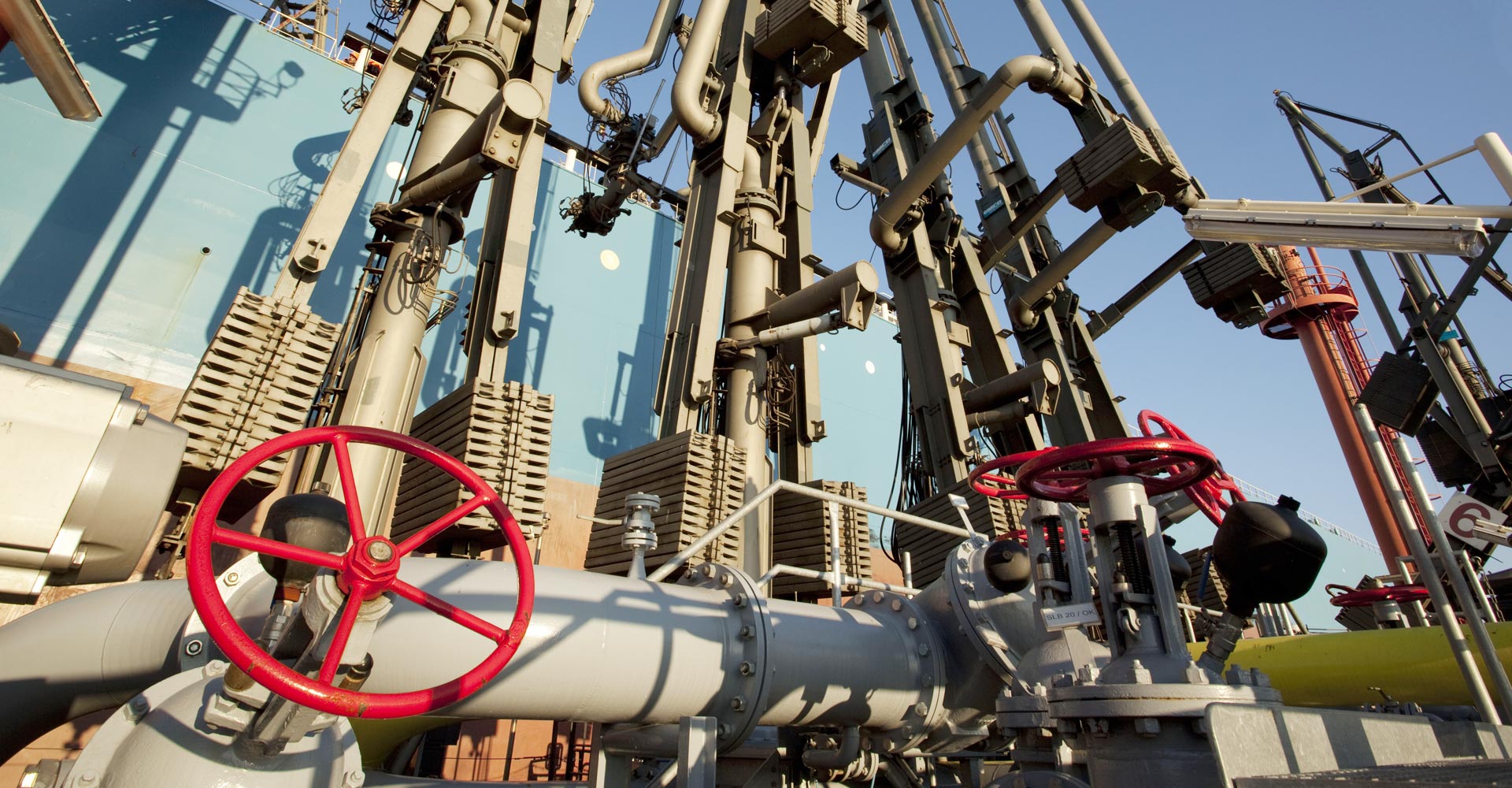Ethanol (Alcohol)
Ethanol is an alcohol, which makes it an organic chemical. Ethanol (boiling point around 78°C) is the alcohol contained in alcoholic beverages. In pure, but denatured form it is referred to as spirit and used as a fuel, for example for camping stoves or ethanol stoves, but also as a solvent, cleaning agent and disinfectant.
Ethanol has a calorific value of about 7.4 kilowatt hours per kilogram, or about 5.9 kilowatt hours per liter. So calculated by volume, its calorific value is approximately 40% lower than that of heating oil and about 35% lower than that of gasoline.
In addition to being produced by the alcoholic fermentation of biomass (e.g. sugar beet, potatoes, cereals - see bioethanol), ethanol is also produced synthetically from ethylene for industrial purposes. This involves the synthesis of ethylene and water. Ethylene is a commonly used organic base chemical, which is also used in the production of plastics. It can be made from a variety of hydrocarbons such as naphtha or gasoil, but ethylene and finally ethanol can also be produced from gases (ethane, propane).
Ethanol can be used as a fuel component – usually as an admixture to gasoline. E85, for example, is a mixture of 85 vol.% ethanol and 15 vol.% gasoline. For further information, see bioethanol and E85.
Oiltanking and its tank terminals provide comprehensive logistics solutions for the storage and handling of petroleum products, chemicals, gases and other products.
Status: December 2015
All information subject to change. Errors and omissions excepted.

